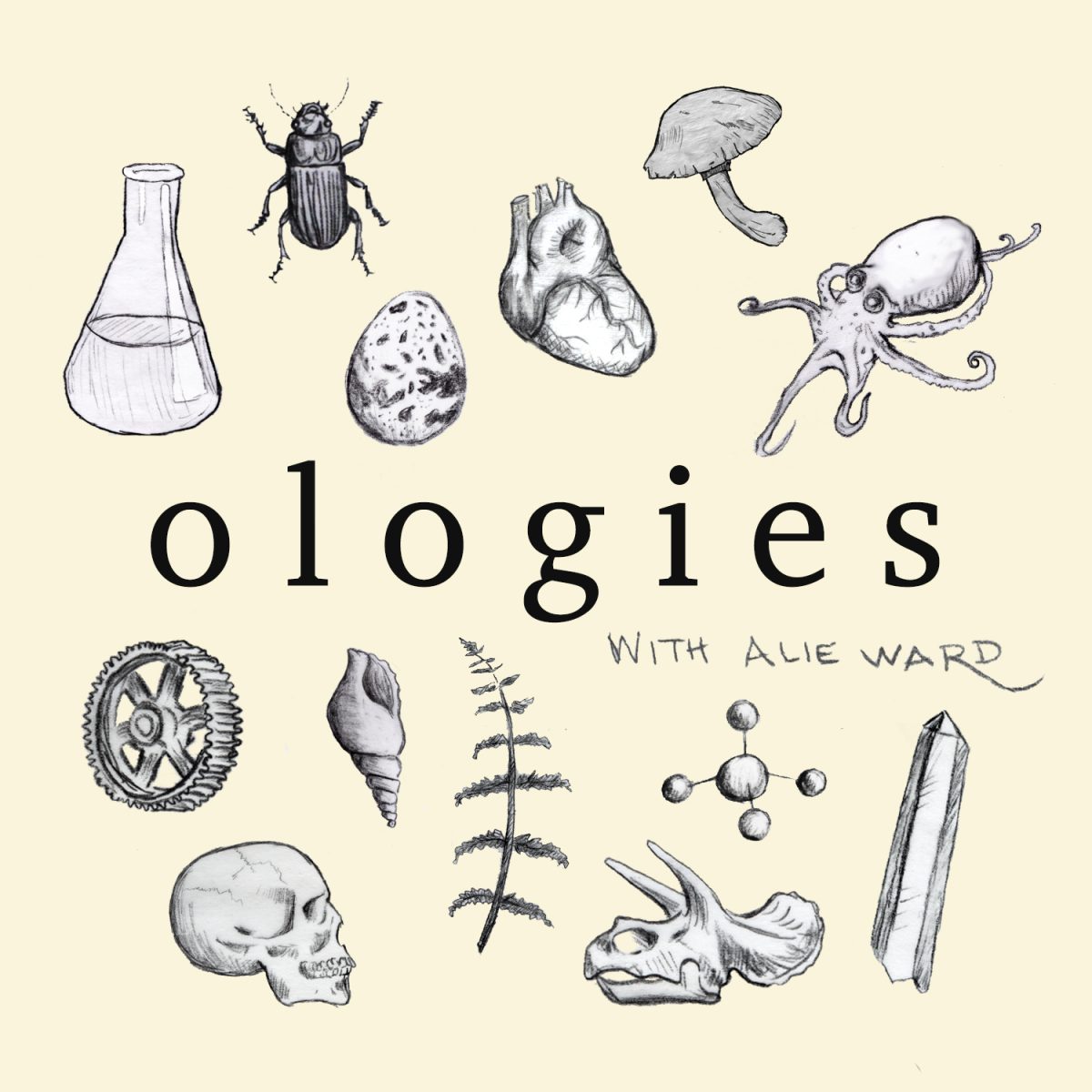This month, Leeds-based band English Teacher won the Mercury Prize for their debut record “This Could Be Texas”. I missed this one when it came out; it was not until the award that I decided to delve in.
The band certainly wears their influences on their sleeve; you can liken the sound to the post-punk indie rock of Black Country, New Road or Fontaines D.C., complete with spoken vocal delivery, clever arrangements and multitudes of crescendos. Unfortunately, English Teacher is a bit too derivative and often sinks into mundanity.
According to lead singer Lily Fontaine, much of the album is based on her experience in the “in- between”, whether that be in terms of identity or circumstance. You can hear this conceptually in songs such as “R&B,” which showcases the band playing straight-ahead post-punk. Her identity and experience with discrimination are intrinsic to the lyricism here, and it’s one of my personal favorite tracks.
The band is at its best when playing more straightforward, hook-driven tunes like “R&B.” “Nearly Daffodils,” for example, has a fantastic, synthetic bass tone accompanied by driving percussion and some of the catchiest songwriting on the record. They don’t forgo the complex arrangements and dizzying rhythms here, but it is all in service to the song.
However, the same cannot be said about some tracks that meander into repetitive crescendo sections and mundane textures. Despite some interesting meter changes and dynamics, the album tends to be predictably formulaic, which was most prevalent in the record’s back end.
“Albatross” and “Albert Road,” the album’s opener and closer, are prime examples. The former has all the bells and whistles you’d expect here — piano flourishes, contrapuntal melodies, post-rock buildups — but without any of the grit that would make these moments emotionally impactful. The latter, despite lyrically driving home themes of the “in-between” concept and prejudice, feels like it does not go anywhere.
However, it is interesting when English Teacher tries to switch up their textural palette in synth-heavy songs like “Sideboob,” which harkens back to European coldwave or even an atmospheric Joy Division track. Even then, they let this unique timbre go a bit to waste through mediocre songwriting that gratingly drones.
“Mastermind Specialism,” though, strips back the pretense and serves the listener a beautifully poignant song with Nicholas Eden’s brilliant pitch-bending on the bass. The track demonstrates that the band does not need generic strings, horn swells or synth experimentation to create great music — they just need focus.
For any listener, there will be something to grab onto here, whether you like the angular guitar freakouts, the progressive structures or the orchestral finishes. It just does not form a cohesive or engaging whole and puts much of its good ideas to waste.
I congratulate the band on the Mercury Prize win, and it’s great to see this kind of recognition for British artists outside of London. I just wish it weren’t this dull.







